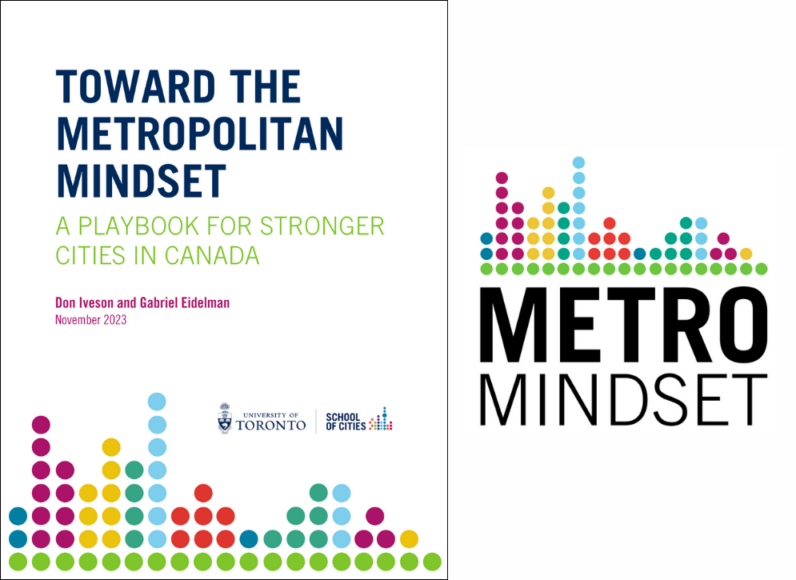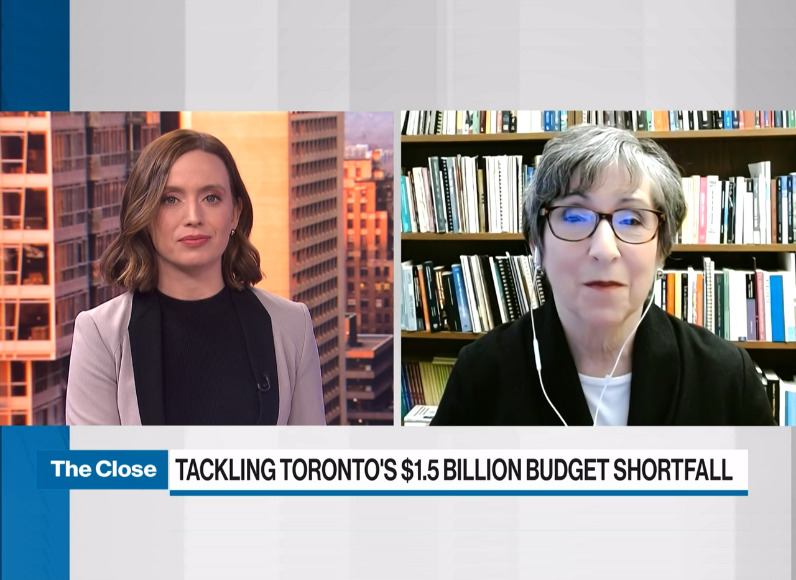Does government spending buy happiness? A common theme cutting across global events, such as the on-going Russo-Ukrainian war and the racial justice movement, is the growing public discourse and scrutiny of how governments prioritize expenditures. The Great Global Rearmament in the wake of the Russian invasion of Ukraine points to a pressing need to understand the impact of reallocating government spending. Behind the rallying cry of ‘Defund the police’ is a call to re-think how government spending can be best used for collective well-being.
In this talk, Dr. Cheung will present 2 studies – 1 at the national level and 1 at the city level – examining how government spending across different domains shape subjective well-being.
At the city level, using fiscally standardized expenditure data and well-being data from over 1 million US participants, our results suggest that diverting government spending away from policing is associated with greater self-reported health and better emotional well-being.
At the national level, we examine the effects of reallocating government spending to the military on subjective well-being. By diverting resources from beneficial domains, like education, to the military, nations are imposing a well-being cost on residents.
____________________________________________________________
Dr. Felix Cheung is the Canada Research Chair in Population Well-being and Assistant Professor in the UTSG Department of Psychology. He uses large global datasets to examine determinants, consequences, and policy relevance of a satisfying life. His long-term goal is to develop evidence-based interventions and policies to promote well-being at scale.









